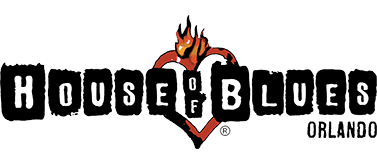Citizen Cope - Clarence Greenwood Recordings 10th Anniversary Tour
Age Restrictions:
Admission Type:
Venue & Event Info:
With Full Band
This full band tour celebrates the 10th anniversary of the release of the Clarence Greenwood Recordings. For the first time ever Citizen Cope will perform the record in its entirety, plus a second set of other Citizen Cope favorites.
The concert venue is general admission standing. This event is all ages. For accessible seating the guest must purchase a g.a. standing ticket and arrive to the venue at 20 minutes before door time and be waiting on the accessible ramp and the guest with accessible needs is allowed one guest with them.
$1 per ticket sold will go to Turnaround Arts to purchase musical instruments for middle schoolers in Lame Deer, Montana - a community on the Northern Cheyenne Indian Reservation. Lame Deer is part of Turnaround Arts http://turnaroundarts.pcah.gov/ , a program of President Obama's President's Committee on the Arts and the Humanities that is using arts education to help students succeed.
___
NOTE OUR BAG POLICY:
The following bag policy is in place: Bags up to 12” x 6” x 12” are allowed in the venue. All bags will be searched prior to entry. Bags that are not clear will be subject to additional search.

Make it a Complete Night Out! Enjoy House of Blues & all it has to offer!
Bring the whole family & join us at the Restaurant & Bar for your official pre-show fuel. Reservations are encouraged. Book your tables here!
Pass the Line:
Special Offers:
VIP:
Foundation Room:
Restaurant:
Parking:
